President Bola Tinubu’s National Broadcast Highlights Critical Economic Reforms for a Brighter Future
In a highly anticipated national broadcast, President Bola Tinubu addressed pressing economic issues and proposed measures to pave the way for a better future for Nigeria.
The speech, delivered with conviction, tackled two key issues causing hardship in the nation: the removal of fuel subsidies and the overhaul of the multiple exchange rate system.
Fuel Subsidy Removal:
President Tinubu spoke passionately about the urgent need to eliminate fuel subsidies, which had become an enormous financial burden on the country. He pointed out that the trillions of Naira spent annually on subsidies could be better utilized for crucial sectors such as public transportation, healthcare, education, housing, and national security. Ahmed Tinubu emphasized the unfair distribution of wealth caused by the subsidy, where only a select group benefited while the majority of Nigerians struggled to make ends meet.
Threat to Democracy and Economic Fairness:
The President openly addressed the dangerous influence wielded by a small but powerful group of individuals on Nigeria’s political economy. He firmly believed that true democracy could only thrive when the power of money did not override the will of the people. Taking a firm stance against the influential elite, President Tinubu expressed his commitment to creating a fair economic system that served the aspirations of all Nigerians, not just a privileged few.
Economic Reforms and Job Creation:
Undeterred by the challenges, President Tinubu pledged to tackle major imbalances in the economy head-on. He took decisive actions to end the preferential exchange rate system and implement executive orders to address unfriendly fiscal policies and multiple taxes hindering the business environment. These reforms were designed to stimulate growth, create job opportunities, and support the development of micro, small, and medium-sized enterprises.
Agricultural Development and Food Security:
Recognizing the crucial role of agriculture in driving economic growth and ensuring food security, the President outlined ambitious plans to support small-holder farmers and engage private sector players in the agricultural sector. Initiatives included grants to nano businesses, large-scale cultivation of staple crops like rice, maize, wheat, and cassava, and strategic grain reserves to ensure staple foods remained available and affordable.
Infrastructure Development and Public Transport:
President Tinubu prioritized infrastructure development and public transport to improve accessibility and ease transportation challenges. He introduced an Infrastructure Support Fund for the states, aimed at revamping healthcare and educational infrastructure and investing in mass transit buses for better mobility.
Workers’ Welfare and Minimum Wage:
The President acknowledged the invaluable contributions of the Nigerian workforce and promised to collaborate with labor unions to establish a new national minimum wage. He assured workers that budgetary provisions would be made to implement salary reviews once an agreement was reached.
Education and Student Loans:
Recognizing the importance of education, President Tinubu pledged to make it more affordable for all citizens. He promised to provide student loans to higher education students in need of financial assistance, ensuring that no student had to abandon their education due to lack of funds.
In conclusion, President Bola Tinubu’s national broadcast signaled a determined effort to address economic imbalances and foster sustainable growth in Nigeria. The proposed measures demonstrated his commitment to building a stronger and more prosperous nation. As the nation awaits the unfolding of these policy measures, Nigerians remain hopeful for a new and glorious dawn of economic prosperity.

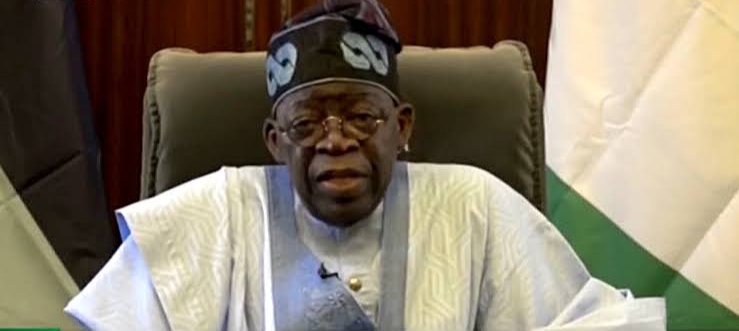
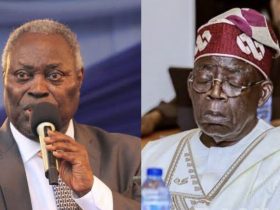

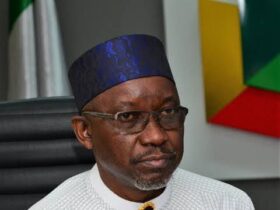
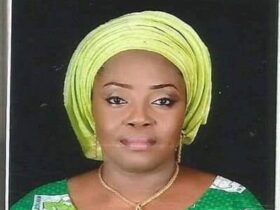
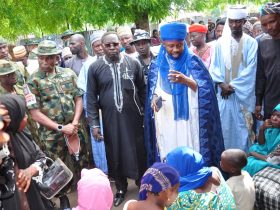
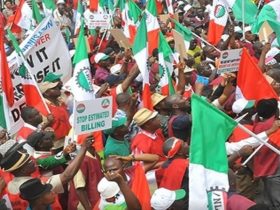

Leave a Reply